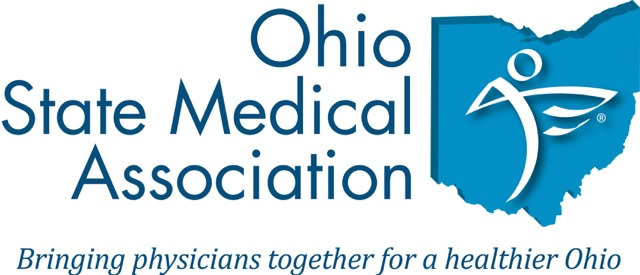Complete Story
03/27/2020
What’s in the Federal Coronavirus Stimulus Package?
As you know, Ohio State Medical Association (OSMA) is committed to keeping Ohio physicians informed on state and federal updates related to COVID-19, especially how they impact Ohio’s medical practices and healthcare professionals.
Today, March 27, 2020, Congress passed a federal funding bill to provide aid in the face of the coronavirus pandemic. At about $2.2 trillion, the Coronavirus Aid, Relief and Economic Security (CARES) Act will be the largest stimulus package passed in modern American history.
OSMA will update the resource information on our Coronavirus Business Support page about the stimulus package if new information becomes available.
It is also unlikely that this massive funding bill is the end of the federal response to the COVID-19 crisis, and OSMA will continue to gather information and provide you with updates as additional developments occur. As always, if you have questions about this information or OSMA’s services to physicians:
Call 800-766-6762 or email OSMA.
Here are several major items in the CARES Act:
For Physicians and Practices:
- A new small business loan product with expanded forgiveness criteria to enable physician practices of 500 employees or less to apply for loans of up to $10 million, intended to help cover items such as payroll and overhead expenses.
- $100 billion in direct financial support for hospitals, physician practices, and other providers under the Public Health and Social Services Emergency Fund, to help cover costs of treating COVID-19 patients and to ease the financial burden from lost revenue due the pandemic. Specific eligibility criteria and details on the process to apply for this support are not yet available, but are expected to be released shortly.
- Additional funding for the Strategic National Stockpile to increase availability of equipment, including ventilators and masks.
- A suspension of the 2% Medicare sequester in May through December of 2020. This provides relief from sequestration of payments Medicare providers have been subject to for nearly a decade as part of previous Congressional budget measures.
- Liability Limitations for Volunteer Health Care Professionals during the response to the COVID-19 crisis.
- A temporary waiver of the face-to-face visit requirement with home dialysis patients.
- A delay in the expiration of the health extenders package. In December, Congress passed a health care package to fund expiring health care programs through May 22, 2020, and this stimulus package passed amidst the coronavirus pandemic extends that date out to November 30, 2020.
For Individuals:
- $1,200 one-time direct payments to American adults making up to $75,000 a year, or $2,400 to married couples making up to $150,000. The bill includes additional payments of $500 per child for families. Above these income brackets, payments begin to phase out.
- A large expansion in unemployment aid. This week, the Department of Labor reported that the number of Americans filing unemployment benefits claims had reached its highest level ever at 3.28 million. This provision in the bill would provide an additional $600 payment per week to recipients of unemployment assistance for up to four months.
- A new, temporary pandemic unemployment assistance program for self-employed, contractors, and freelancers typically excluded from unemployment programs.
For Businesses:
- An employee retention tax credit for businesses that retain employees on payroll.
- A deferment of payment of the 6.2% Social Security payroll tax.
- Additional funding to boost small business loans and emergency grants.
For State and Local Governments:
- $150 billion in direct supplemental funding for providing basic and emergency services during the public health emergency.
- Additional relief funding for assistance to communities through the Federal Emergency Management Agency (FEMA), to help fund local response efforts and other services.
Get Updates & Resources - All in One Place
The OSMA has dedicated webpages for both the latest COVID-19 information at OSMA.org/coronavirus and telehealth progress at OSMA.org/telehealth.

